Podcast: Play in new window | Download (Duration: 19:49 — 18.4MB)
Subscribe: Apple Podcasts | Spotify | | More
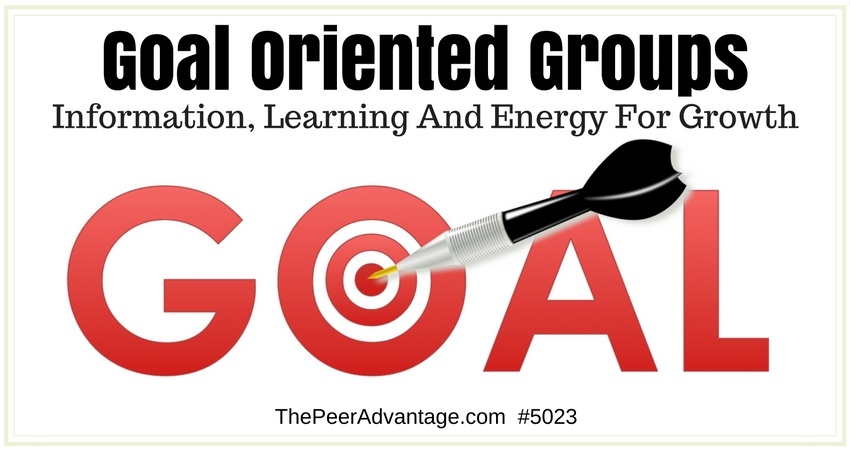
Being part of a group for personal and professional growth hinges on being part of a goal-oriented group. It’s not a new concept. It’s been proven time and again in lots of spaces. Weight Watchers and other weight loss companies incorporate peer group power. Parents of Murdered Children (pomc.org) and other groups who share a common heartbreak leverage goal-oriented groups for healing and support. Alcoholics Anonymous (AA.org) and other addiction maladies help individuals overcome and manage their affliction with the power of goal-oriented groups. From health and disease to recreational pursuits like running marathons, to overcoming grief caused by violent crime – people have long found participation in a goal-oriented group rewarding. Even life-saving.
A goal-oriented group is not some random group of folks who assemble to kick the verbal ball around. The neighborhood book club might consist of men and women who love to read novels. Their goal may be as simple as reading the same book at the same time, then coming together each month to discuss the book. The members may find it enjoyable to share the experience – the same experience of reading the same book – with neighborhood friends. It’s a simple goal, but no less rewarding for the members. The Parents of Murdered Children have a shared experience, a strong tie that binds them together. They’ve all lost children to murder. They may come together to heal and deal successfully with the loss and pain. Their goal isn’t recreational, but mere survival (and helping each other move forward after a devastating loss). Even so, members find relief and energy to move forward. In both cases, these goal-oriented groups exist for a straightforward purpose. Their goals aren’t hard to see.
Our first relationships are with the family. We learn how to interact with our parents and any siblings. Then we expand that to interact with other relatives. These people are in our life because of who they are. We didn’t intentionally surround ourselves with these people. We’re family so we have to figure out these relationships and personalities. When it goes well, we figure out that we’re loved by these people and we love them in return. Our family provides support and safety. They provide us the opportunity to learn and grow.
From there we encounter neighborhood friends and school friends. Now we’re able to make some selections for the first time. We gravitate to some people and we avoid others. Attraction may be based on what we like, what we hate, what we most enjoy and what we least enjoy. Our friends probably tend to be like us. If we love football, so do they. If we enjoy video games, they do, too. We laugh at the same stuff. There are connection points we establish with our friends because they’re most like us. We likely avoid the people who seem the least like us.
Very little changes as we grow up. We like what we like. We hate what we hate. Our worldview likely gets established relatively early in life. It’s hard to leave that zone we establish – the zone where we’re surrounded by people similar to us. These aren’t goal-oriented groups necessarily, but fundamentally they are. The goal is simply to have people in our lives who are congruent with our point of view and how we see the world.
If we find ourselves getting out of shape we may be willing to take action by getting professional help through an organization like Weight Watchers. Suddenly, perhaps for the first time, we’re in a group that isn’t assembled because we all share likes and dislikes. We’re not in this room because we laugh at the same jokes or watch the same TV programs. We’re here because we’re all overweight and trying to do something about it. The tie that binds has nothing to do with our worldview, but rather a goal we’re all trying to hit. And we didn’t form this group. Instead, we sought out a solution to our individual problem and in the process, we discovered the power of joining forces with others wanting to accomplish the same thing! Our skin color, religion, financial status, and all the other things we may emphasize in other circles — those don’t matter because a single goal unites us. That common ground is enough to help us leverage our collective power to encourage and support each other as we learn how to change our behavior and lose weight.
We’re reluctant at first. We just want to lose weight. Being in a group and suffering embarrassment isn’t what we’re chasing. But we’re encouraged to participate. Convinced it’s not going to work for us, we give it a go. In short order, we discover we’re surrounded by other people who want to accomplish the exact same thing – weight loss. We find ourselves learning information about our eating habits and our bodies that we never knew before. That learning coupled with other people who are encouraging, supporting and holding us accountable makes the difference. We start losing weight. This feels good. And it feels like something that may last. We see our weight loss friends achieving success and it propels us toward our own success. The discouragement that afflicted us in previous attempts is overcome by friends who know and understand our struggle. All of it fuels us to do better.
Who fuels you? Who do you have in your life right now who adds energy to you? Who challenges you to do better? Who holds you accountable?
Daily we’re surrounded by people who drain us. Walk into any workplace and you’re likely to more quickly find yourself in a conversation “let me tell me what I hate around here,” than “let me tell you what I love about this place.” Because of our familiarity we know all the warts of where we work. Or where we live. Many of us can more easily focus on the negatives than the positives. That’s why we tend to think in terms of “if only.” If only I could earn more money. If only I could work with better people. If only I could buy that bigger house. If only I could buy a newer car. Energy drains surround us.
No wonder many of us aren’t achieving more. We’re foolishly draining energy more consistently than we’re increasing it. Mostly, it’s because we don’t know better. We’re not purposefully trying to sabotage our achievement. One foot in front of the other day after day. Not being nearly as intentional as we could be. Sometimes not owning our own performance, but rather choosing to look at others for our failures. Again, the “if only” philosophy typifies the lives of too many. But our lives are fully in our control. Meaning we can control what we do, what we think and how we feel. We can’t control others. We can’t control circumstances. But we can always control our reactions and choices based on the people and circumstances of our lives.
People who surround us help us. Or they hurt us. It’s up to us to make the necessary changes there, too.
The investment is worth it.
Yes, it’s a big commitment to join a goal-oriented group. But if the goal is important to you it’s a great investment that increases over time.
It starts with figuring out your starting point. I use Waze almost daily. Waze is a social-based GPS navigation app on my iPhone. I have to have the location services turned on in order for Waze to work. If the app has no idea where I’m at, then it can’t help me. So it goes with a goal-oriented group. Where are you right now?
Now, where do you want to go?
That’s your goal. Here at The Peer Advantage, the goal-oriented group is focused on small to medium-sized business owners who want to grow their business and their lives. People – men or women – who run companies of any size who find themselves suffering too much loneliness in operating and running their enterprise. Business owners who right now lack the people around them to challenge them to be better and bigger. Business owners who right now don’t have enough fuel being added to their lives daily. Business owners who are currently dissatisfied with the current level of success because they know they can achieve more. Business owners who are convinced they have the ability to make it happen, but they know if they could surround themselves with other business owners who understand the same challenges and opportunities, then they could soar higher (and get there faster).
Like any goal-oriented group, it begins with you owning your outcomes. No excuses!
It’s up to you. Nobody else.
Other people can really add fuel to the fire and help you, but you have to make the choice. You have to take the action because you’re the one who is performing, taking the action.
As the smart guide of The Peer Advantage, my objective is to put you in a room together with other business owners who want what you want – to achieve more. Owners who want to grow their business and their leadership (professionally and personally). It’s a goal-oriented group of just 7 business owners from around the United States who gather regularly to invest in themselves because they understand the power of information, learning, and energy for all the growth they seek.
After the first of the year (2018) I’ll be conducting a few FREE meetings with selected business owners. These meetings will provide you with an abbreviated experience of The Peer Advantage. Within the next few weeks, I’ll be scheduling these meetings.
Click here to complete a no-obligation application for a FREE meeting.
It’s a goal-oriented group taking specific aim at business, professional and personal growth exclusively for business owners!

Subscribe to the podcast
 To subscribe, please use the links below:
To subscribe, please use the links below:
If you have a chance, please leave me an honest rating and review on iTunes by clicking Review on iTunes. It’ll help the show rank better in iTunes.
Thank you!
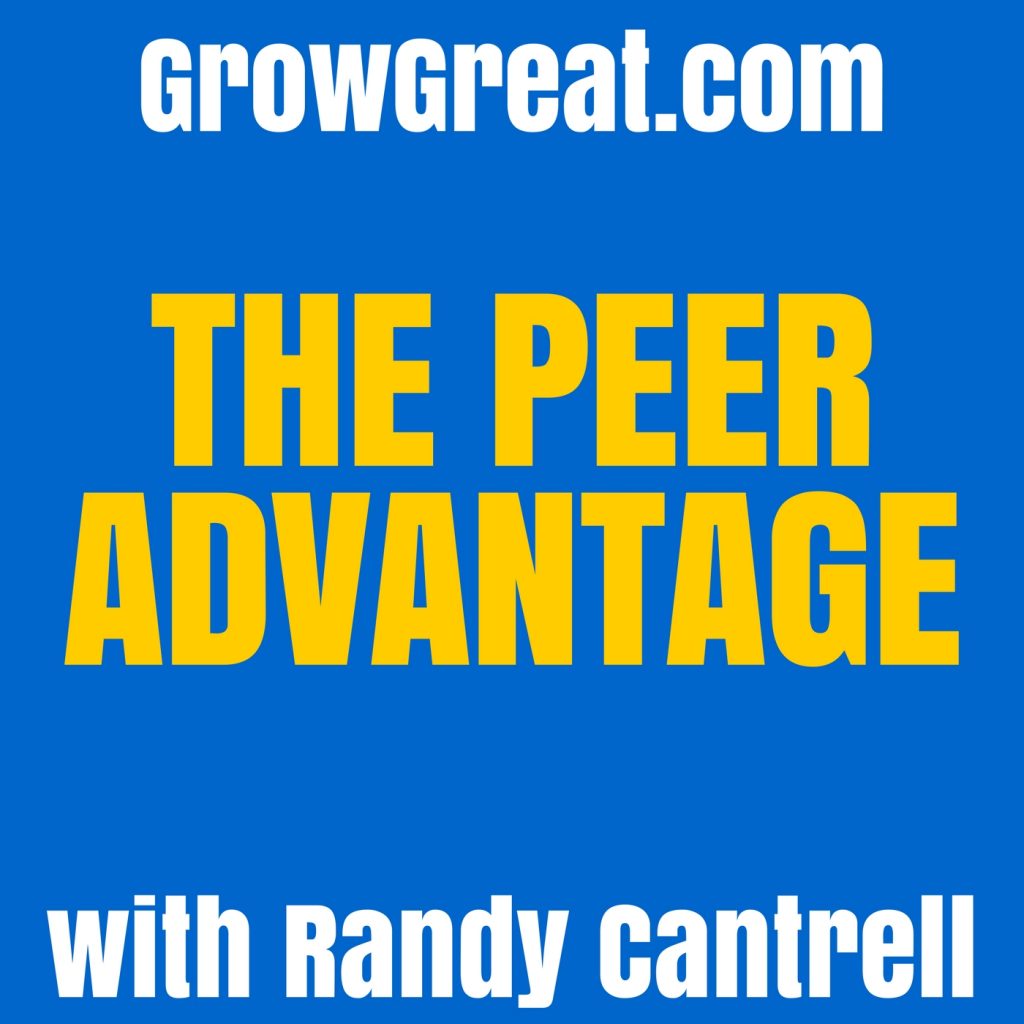 About 4 years ago I began to grow seriously interested in the notion of business people gathering in formal groups – peer advisory groups – expressly to help each other grow their businesses and their lives. It resonated with me on many fronts, mostly because I saw how powerful it was in helping business people – owners and CEO’s – grow, improve and transform.
About 4 years ago I began to grow seriously interested in the notion of business people gathering in formal groups – peer advisory groups – expressly to help each other grow their businesses and their lives. It resonated with me on many fronts, mostly because I saw how powerful it was in helping business people – owners and CEO’s – grow, improve and transform.
 To subscribe, please use the links below:
To subscribe, please use the links below:


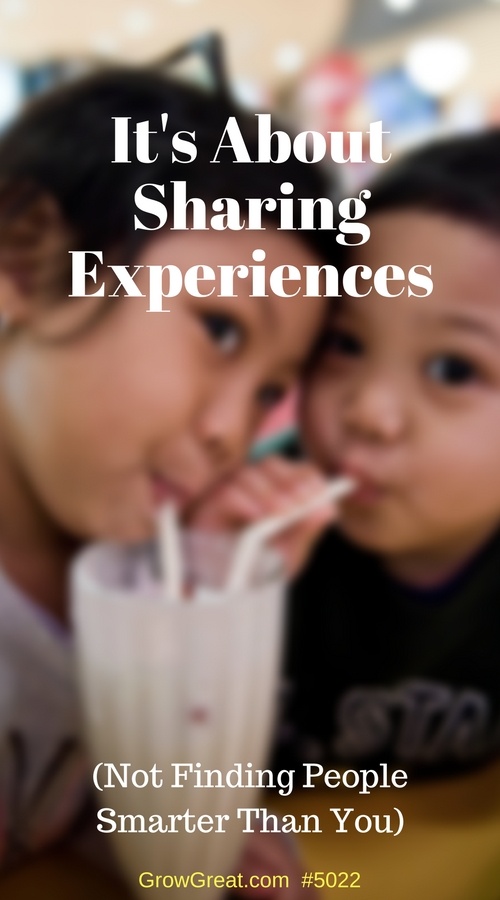

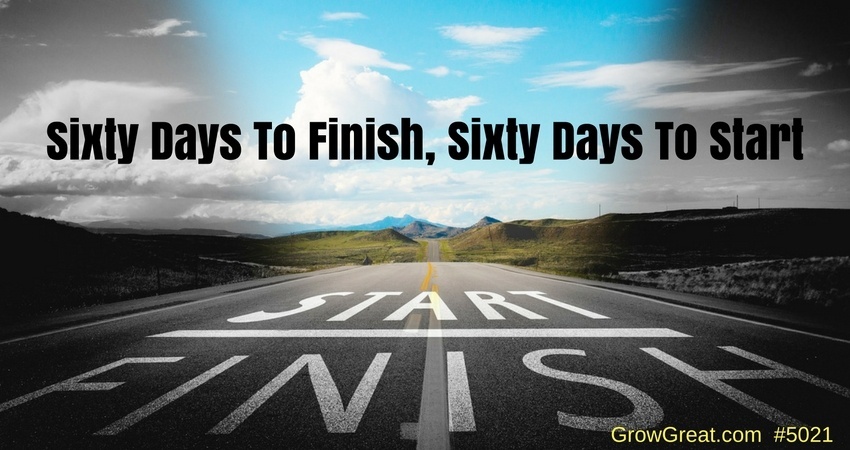

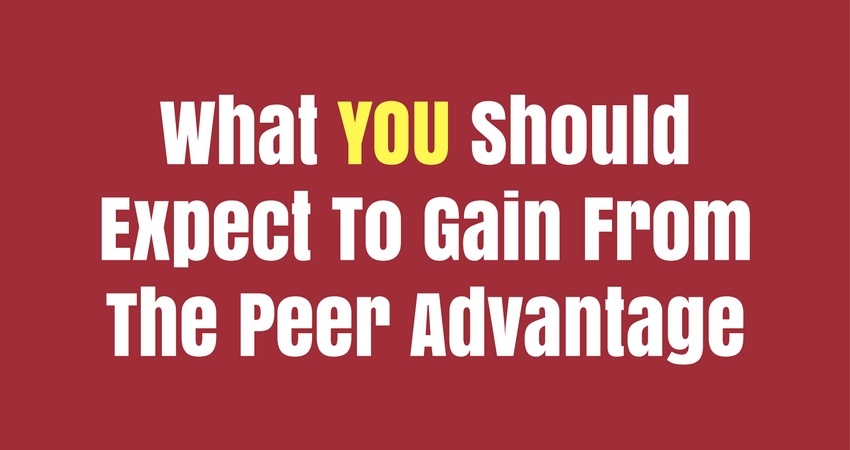

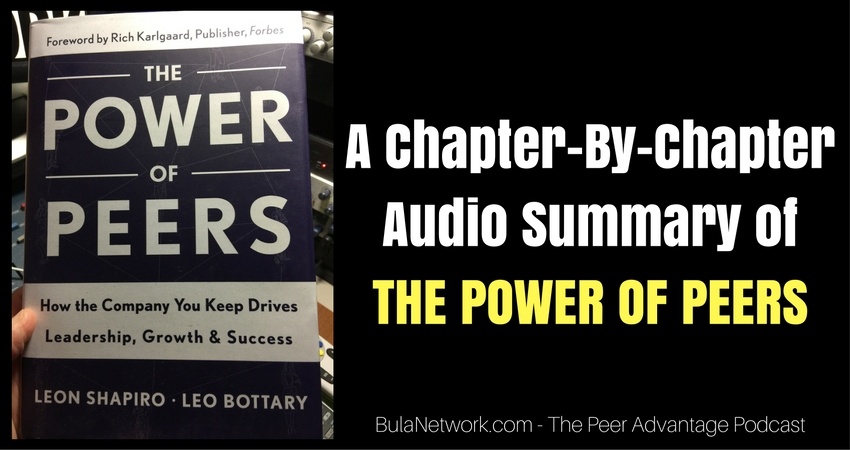

 In the conversation we talk to Leo to get a sense of who he is and how he came to be interested in peer advantage. We also discuss some insights he’s gained over the last 18 months or so since the book was published. Leo also tells us a bit about the new book he’s working on, due to be published in the Spring of 2018. It’s a conversation that I hope brings you some insights on why you may want to consider embracing the peer advantage into your life and your business.
In the conversation we talk to Leo to get a sense of who he is and how he came to be interested in peer advantage. We also discuss some insights he’s gained over the last 18 months or so since the book was published. Leo also tells us a bit about the new book he’s working on, due to be published in the Spring of 2018. It’s a conversation that I hope brings you some insights on why you may want to consider embracing the peer advantage into your life and your business.